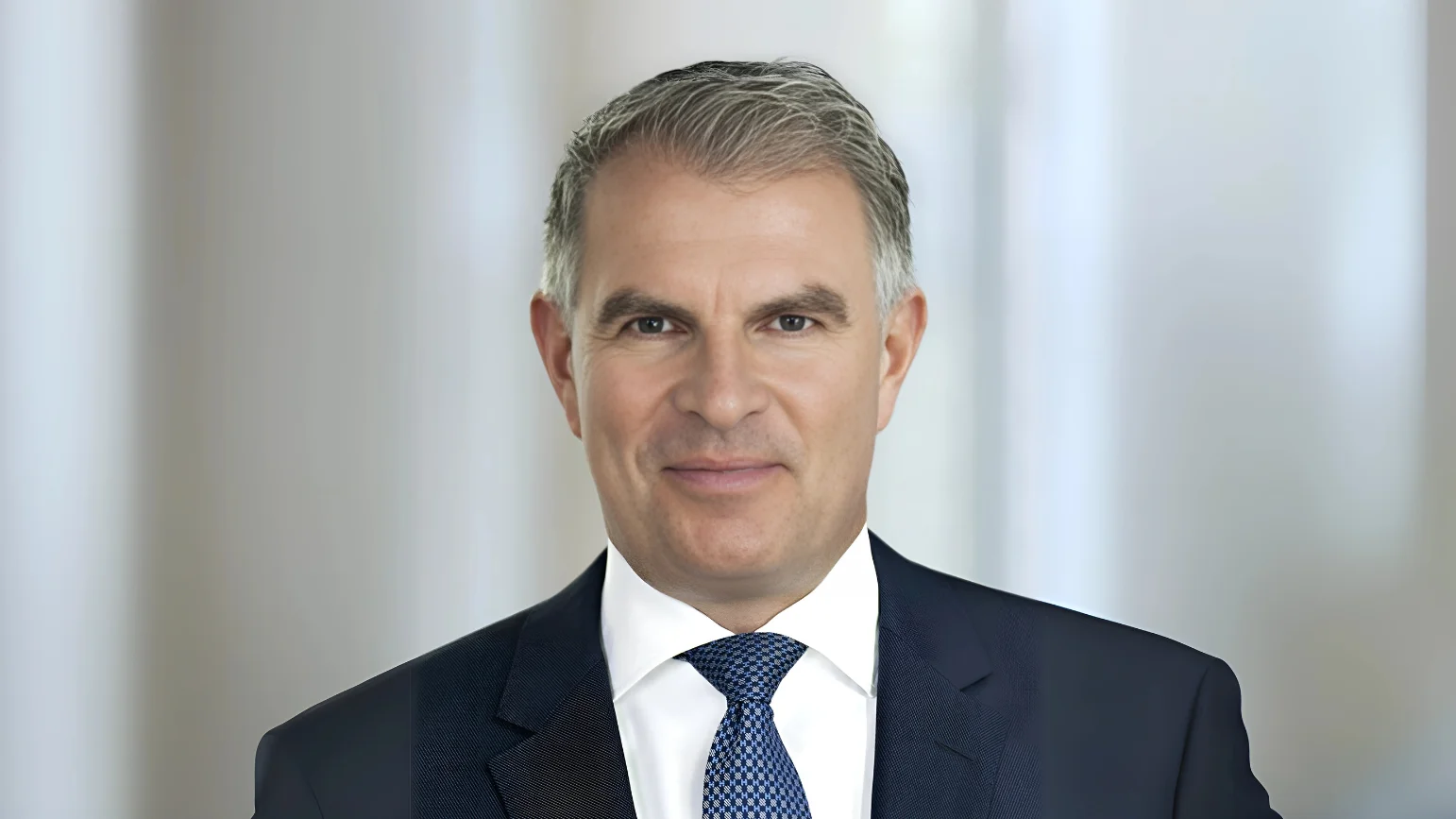Airbus is approaching a critical point as it considers the future of its commercial aircraft lineup. The company, known for models such as the A300, A380, and A350, faces increasing pressure from changing climate goals and fuel prices. Boeing has already begun developing a replacement for its 737 MAX, which raises questions about Airbus’s next move.
The Airbus A320 family has been central to the company’s success since its introduction in the late 1980s. More than 12,000 units have been delivered by 2025. However, with evolving emissions standards and aging fleets, Airbus will need to develop a new single-aisle aircraft to remain competitive into the mid-21st century. This successor would likely aim for at least 20–25% better fuel efficiency compared to current models like the A320neo or A321XLR. Achieving this could involve improvements in engine technology, lighter materials, and enhanced aerodynamics.
Introducing an entirely new single-aisle program represents a significant investment for Airbus. The timing must be managed carefully so that it does not negatively impact existing backlogs of current models. Any new design would also need to maintain some operational commonality with existing aircraft to encourage adoption by airlines.
 Alerts Sign-up
Alerts Sign-up






















